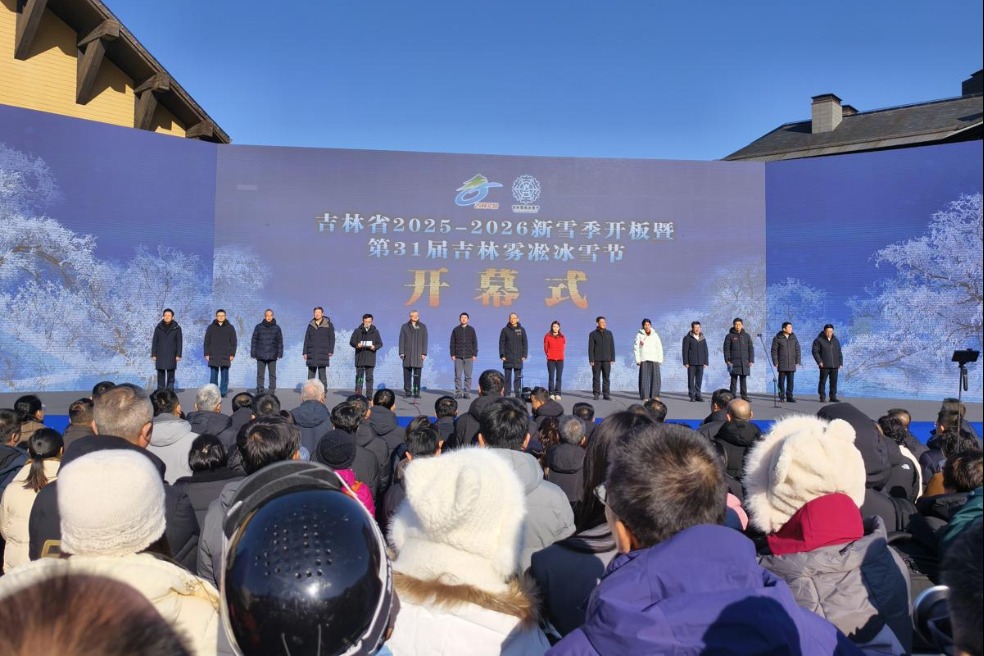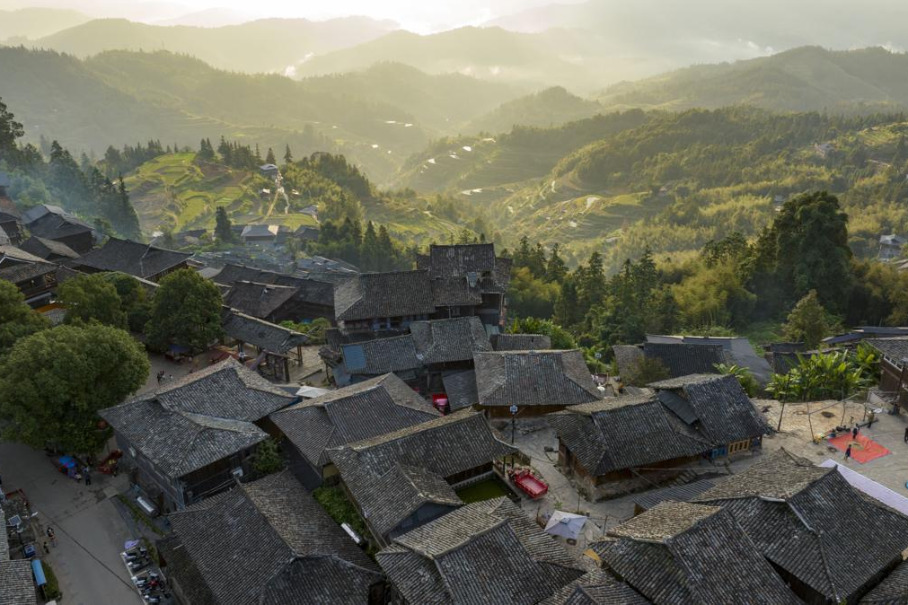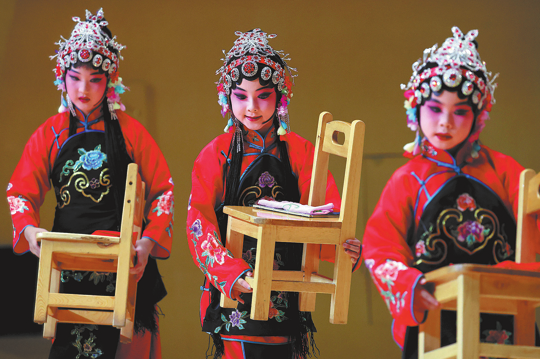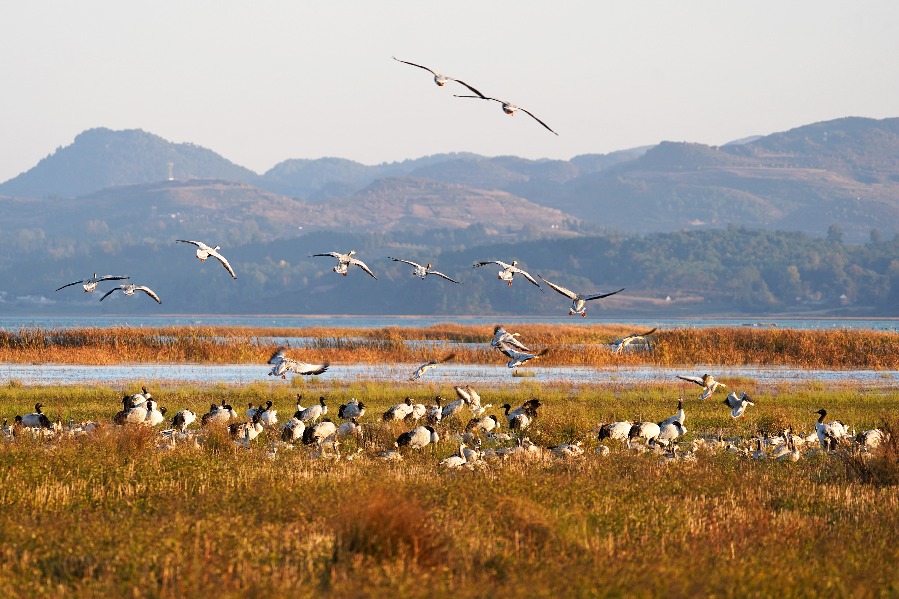Reforestation gains traction in Yan'an as villagers see incomes rise


Red Army commander Liu Baozhai, Hou Xiuzhen's father-in-law, spearheaded the cultivation of wilderness areas in the besieged northwestern city of Yan'an in the 1940s to ensure the survival of China's communist revolution.
But times change, and more than half a century later she was among grassroots officials told to reverse their ancestors' agricultural undertakings in the city.
In 1999, in her capacity as the head of Nanniwan village, Hou Xiuzhen was tasked with persuading its farmers to return their farmland to nature, as part of the earliest effort by the central government to reforest China's environmentally fragile regions.
Since the reforestation was heavily subsidized, most villagers were happy to comply. But Hou said they were not motivated by a desire to conserve the Loess Plateau they call home.
Human exploitation dating back to the 1940s had almost depleted the plateau of its vegetation and made it an epicenter of flash floods and soil erosion. At the time, few villagers thought the ambitious reforestation campaign would benefit the isolated hamlet, deep in a ravine, which was prone to flash floods in summer and sandstorms in winter.
"Many farmers planted trees in the daytime and grazed their goats on the saplings under the cover of night," Hou, 74, said.
The reforestation effort became more popular as the mountains surrounding Nanniwan became lush again, with locust, poplar and apple trees, dangling environmental benefits before villagers.
- World Television Day celebrated with conference in Shanxi
- University launches new AI department to align with national priorities
- Jilin kicks off 2025-26 snow season with grand opening event
- China hails 'hard-won' COP30 Global Mutirao decision
- China-SA science exhibition showcases innovation, cultural exchange
- China opens draft regulations on data protection to public consultation




































